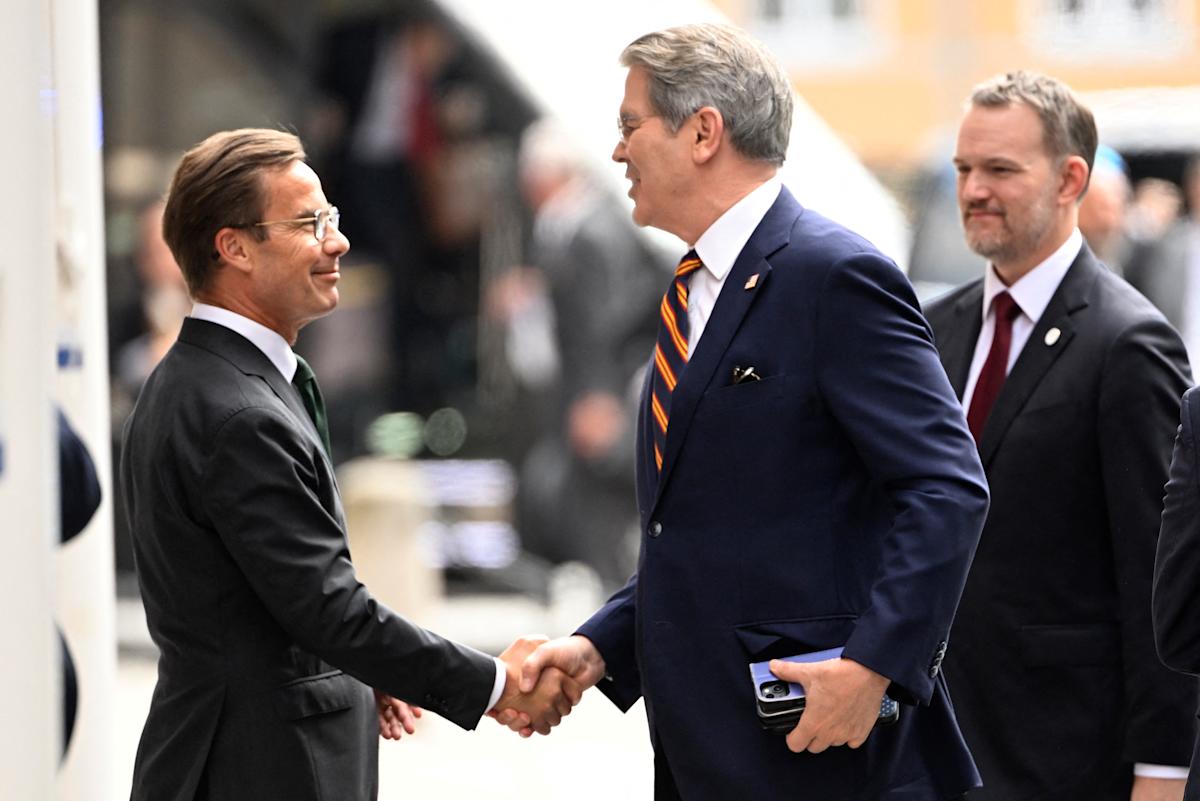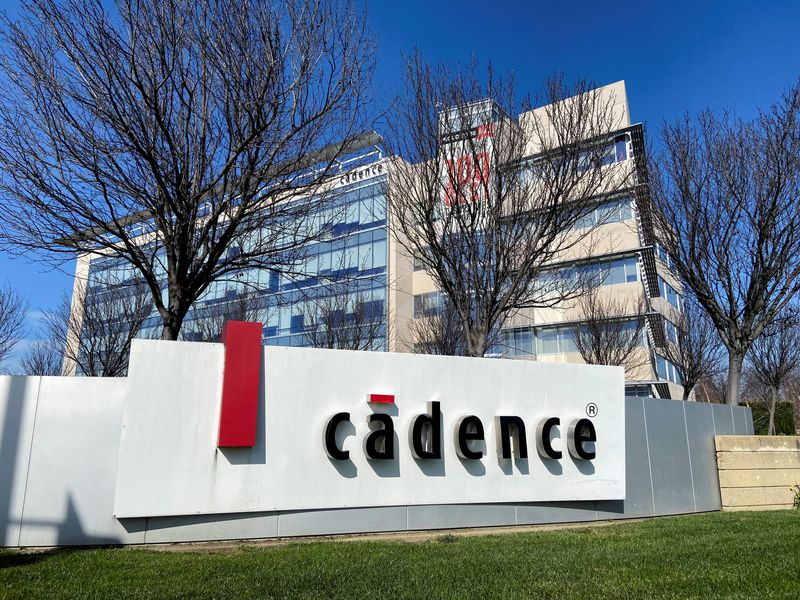US and Chinese trade negotiators are meeting this week for at least two days of trade talks as most of the immediate term focus — at least from markets — remains on whether recent de-escalatory signals between the two superpowers will translate into a further delay of punishing additional tariffs.
Trump officials also hope this third gathering of the trade teams in recent months will provide an opportunity to pivot to longer-term issues even as a short-term deadline of Aug. 12 remains front of mind.
Read more: What Trump’s tariffs mean for the economy and your wallet
The talks are being closely watched for whether they move the countries toward a face-to-face later this year between Presidents Trump and Xi Jinping, as well as whether negotiators can solidify recent gains, such as a lessening of tensions around semiconductors and rare earth minerals.
“We have a good relationship with China,” President Trump said Monday just after his team stepped into the talks.
He signaled his focus could be on market access, saying, “I’d love to see China open up their country.”
Chinese state media also confirmed Monday that talks were underway at the Rosenbad building in Stockholm without providing additional details.
The talks come during another crucial week for Trump’s trade agenda, with a separate deadline looming this Friday for other countries to strike a deal after a pact was announced with the European Union Sunday setting 15% tariffs. Other major trading partners, from Canada to South Korea, are still in talks.
However, the recent momentum on trade for Trump could have a limited impact on the more complex talks with China.
Zoe Liu, a senior fellow at the Council on Foreign Relations, noted on Yahoo Finance Monday morning that she does not think “the EU’s model is going to be a good template for U.S. China negotiation,” pointing to how China has already shown a willingness to retaliate and that the country has key points of leverage and “knows exactly where to hit back.”
Terry Haines, Pangaea Policy founder, added that potential carrots from China could also have less impact.
He noted how foreign investment has been a key piece of recent deals — both with Europe and another pact with Japan — but that in the China context “they don’t want Chinese investment in a lot of areas” — citing an effort to remove the influence of Chinese money in areas ranging from social media app TikTok to land purchases in the US.
The China talks are being led on the US side by Treasury Secretary Scott Bessent with He Lifeng, China’s vice premier for economic policy, representing his country


